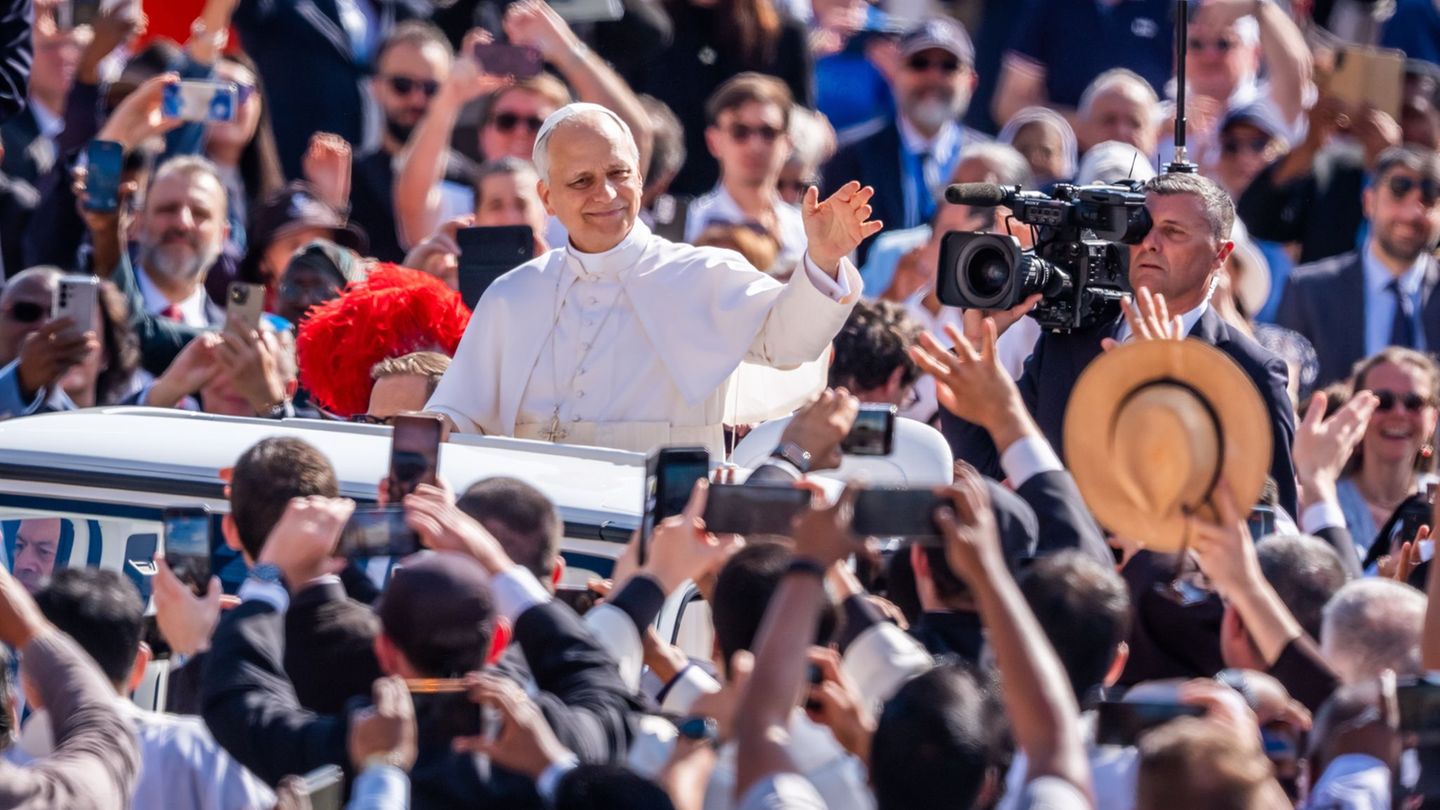In front of the old people’s home, on the way to school – this is where a speed limit of 30 km/h for cars can save lives. The Bundestag is discussing a reform that should make it easier to designate such zones. But there is also criticism.
Local government associations are calling for improvements to a planned reform of the road traffic law – which is intended, for example, to make it easier to introduce 30 km/h zones. The general manager of the German Association of Cities, Helmut Dedy, told the German Press Agency that the federal government wanted to simplify the designation of 30 km/h zones, for example on playgrounds or school routes. “That’s good and right. But it’s not a fundamental decision towards more local decision-making sovereignty.” The German Association of Cities and Municipalities also sees a need for improvement.
The Bundestag wants to discuss a bill to reform the road traffic law for the first time on Friday night. In the future, in addition to the fluidity and safety of traffic, the goals of climate and environmental protection, health and urban development should also be taken into account. This should make it easier to set up bus lanes and cycle paths – as well as speed limit regulations of 30 km/h. According to the ministry, this affects playgrounds, busy school routes and pedestrian crossings – as well as sections of up to 500 meters between two 30 km/h routes so that traffic can flow better.
What the associations demand
The general manager of the German Association of Cities and Municipalities, Gerd Landsberg, told the dpa that the proposed changes could be groundbreaking for a “paradigm change” in transport. The previous legal requirements were “out of date”.
According to Landsberg, the concrete design of modern road traffic regulations will be crucial after the amendment to the Road Traffic Act. “The current proposal to be able to set a 30 km/h speed limit not only directly in front of a school or a daycare center, but also at the dangerous intersection on the way there, would be a step forward. Many municipalities could use this to at least partially clear out the forest of signs. We are not concerned with a general speed limit of 30, but rather with the greatest possible freedom of action for locally adapted solutions. We still see a need for improvement here.”
Dedy from the City Council said that without a modern road traffic law, the traffic turnaround in cities cannot succeed. The bill is going in the right direction. “But the reform falls far short, especially when it comes to local decision-making and creative leeway,” said Dedy. “The cities themselves want to decide where a speed lower than the usual local speed of 50 km/h should apply in cities. Over 900 cities and municipalities in Germany are campaigning for this in a joint initiative that the German Association of Cities supports. In law It remains a matter of small-small.”
Source: Stern
I have been working in the news industry for over 6 years, first as a reporter and now as an editor. I have covered politics extensively, and my work has appeared in major newspapers and online news outlets around the world. In addition to my writing, I also contribute regularly to 24 Hours World.




